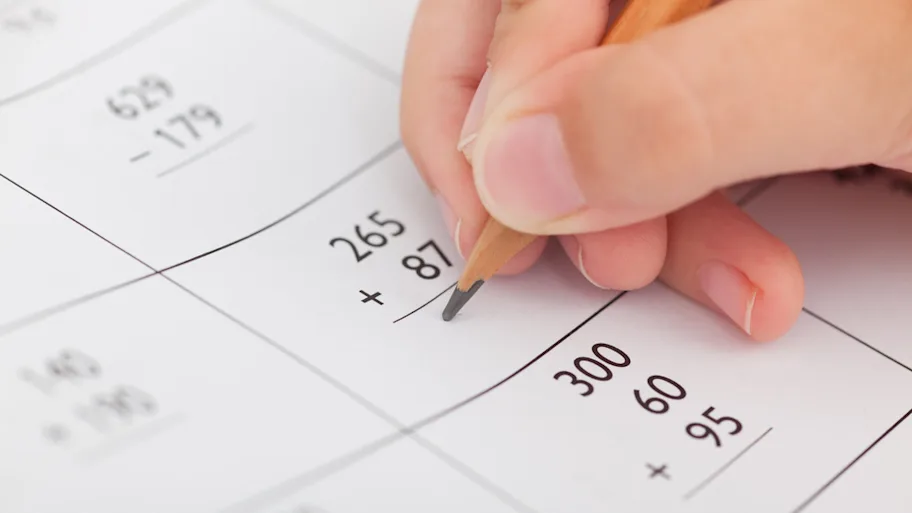
- Science news
- Humanities
- Is it okay for children to count on their fingers?
Is it okay for children to count on their fingers?

Is it OK for children to count on their fingers? Generations of pupils have been discouraged by their teachers from using their hands when learning maths. But a new research article, published in Frontiers in Education shows using fingers may be a much more important part of maths learning than previously thought.
The article, by Professor Tim Jay of Sheffield Hallam University and independent researcher Dr Julie Betenson, confirms what parents have long felt instinctively – that the sorts of finger games children often play at home are central to their education.
The researchers worked with 137 primary pupils aged between six and seven. All the children were given different combinations of counting and number games to play – but only some were given exercises which involved finger-training.
Some pupils played games involving number symbols, such as dominoes, shut-the-box, or snakes and ladders.
Other pupils were asked to play finger games: such being asked to hold up a given number of fingers, or numbering fingers from 1–5 and then having to match one of them by touching it against the corresponding finger on the other hand, or tracing coloured lines using a particular finger.
Both these groups did a little better in maths tests than a third group of pupils who had simply had ‘business as usual’ with their teachers. But the group which did both the counting and the finger games fared significantly better.
“This study provides evidence that fingers provide children with a ‘bridge’ between different representations of numbers, which can be verbal, written or symbolic. Combined finger training and number games could be a useful tool for teachers to support children’s understanding of numbers,” Professor Jay said.






